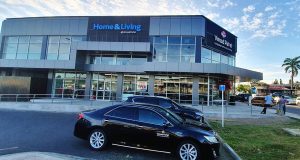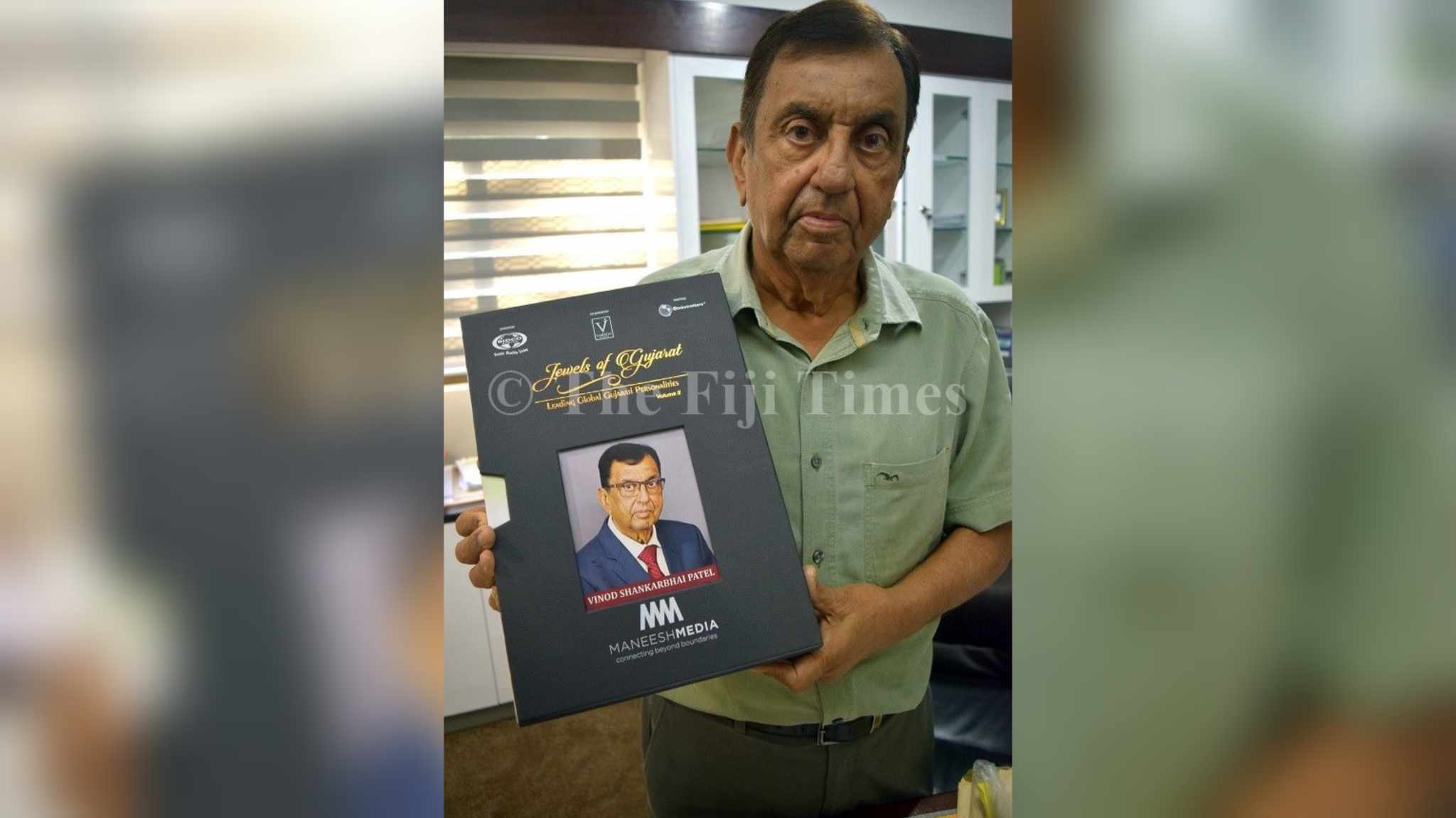Today the Patels reign among Ba’s most established and wealthiest families. The prestige, however, began on tough times and followed a thrust of migrants to what was then a central farming centre for the Colonial Sugar Refinery (CSR) Company.
Between 1884 and 1914, scores of Indian labourers worked on CSR estates and plantations in Ba.
Excerpts from the Butlin Archives on the CSR confirmed that these included a wave of free Gujarati and Punjabi settlers after 1920, the year indentured contracts ended.
By the time Shankar Bhai Narain Patel arrived in 1937, there was already a large spread of Indian settlers at plantations in Rarawai, Vunisamaloa and Koronubu.
This was attributed to a government policy of encouraging leases at already settled areas to avoid any unsettling notions on native settlements.
As his eldest son Vinod Patel related, the elder Patel’s venture to Fiji was taken on the advice of Chateurbhai Amin, a fellow villager from Nothana in Gujarat, and patriarch of the Amin clan, which would become another of the town’s earliest and most affluent families.
“My father worked as a clerk for a railway company in Kenya and was in India on a break,” Vinod Patel said.
“He was due to go back to Mombasa after his holiday but met his friend Amin, who had returned from Fiji and advised him to go.”

Shankar eventually set sail for Fiji and arrived in Ba aged 29. In mid-1938, he was joined by his wife Shanta Ben Patel, another fellow villager from Gujarat and a matriarch who still resides in Ba, now 99-years-old.
Her husband began working for a trading goods company and was assigned a shop to manage before venturing into his own grocery business in Vatulaulau in 1938. It was here that eldest child Vinod was born in 1939.
A succession of siblings would include Uma Kant Patel, Arvind Patel, Pravin Patel, Jayanti Patel, Jitend Patel and their sisters Sarla Ben, Kusum and Bhanu. Vinod, the founder of the national hardware line, was born on the cusp of Ba’s inauguration as a formal township and recalls with fondness the early struggles his parents faced.
“As a grocery owner, his main customers were CSR employees and sometimes when they didn’t pay what they owed, it would get him into trouble. He was morally rich and kind to everyone and was soft-hearted. He never showed us the difficulties faced,” Vinod relayed.
The head of the family was also keen that his children be well dressed and would order suits to be made for them by a talented tailor in town.
“My parents remained in constant contact with their families back in India. My father had three brothers and a younger sister he left behind and my mother had a sister who passed away but whose children she kept in touch with. They were the only ones from their families to come to Fiji.”
The family eventually moved from their first home in Vatulaulau to a residential area along Line 25, a common reference used for CSR plantation barracks. Shankar Bhai Patel returned to India briefly in 1965, his first trip to his homeland since leaving for Fiji some 28 years earlier. Despite settling among foreigners in a new country, he clung to his cultural values and was adamant that his children be raised in the same respect.
“When it came to marriages for his children, he would not look at the material wealth of the prospective partners’ families but would judge their background and moral upstanding” Vinod shared.
Ba’s present CBD is a scene of neatly organised buildings and botanical spaces, a contrast to what Vinod remembers as rambling buildings on the banks of the flood-prone river.
“Back then all the buildings were wooden and shops owners would often live at the back of their business houses with their families. It was also common
for the men to sleep on the verandas with mosquito nets covering then, as there was not always a lot of space.”
- The late Vinod Patel was one of the first to be featured in The Fiji Times Point of Origin when the series began in 2015. Mr Patel was interviewed by former journalist Litia Vulaidausiga



